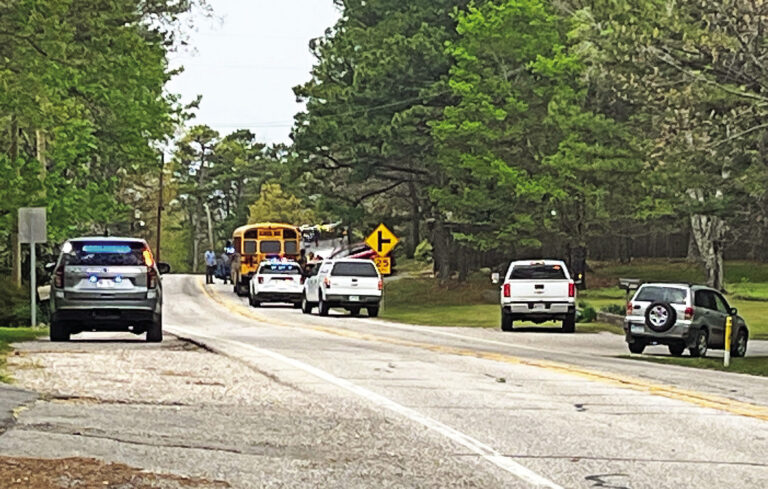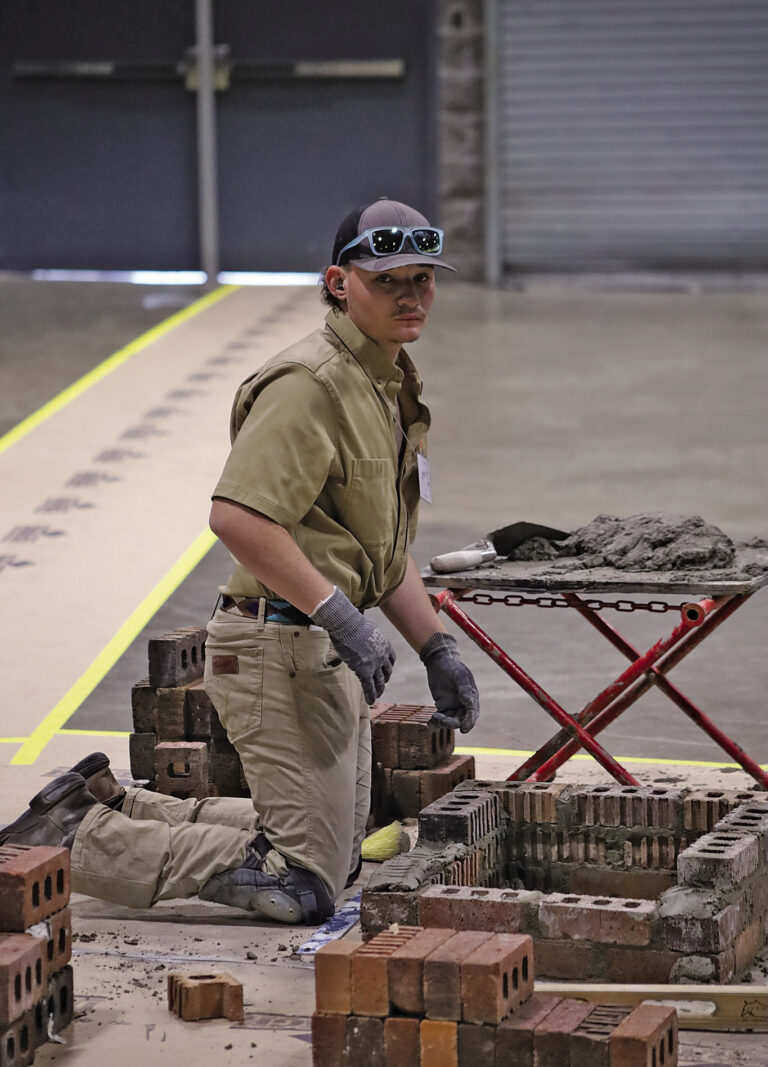The Eureka Springs City Council approved a resolution at its regular meeting Monday, Jan. 8, authorizing Mayor Butch Berry to sign the necessary documents in an attempt to garner funding support for a project to repair, replace and upgrade much-needed areas of the city’s wastewater treatment facility — a project expected to cost as much as $6 million.
The vote to give Berry the signature power was the first of what will be many steps in a plan to bring the facility into compliance with state regulations. The city council approved the resolution quickly and unanimously.
Zane Lewis with McClelland Consulting Engineers gave a presentation to the council during a workshop before the council meeting, where he laid out what repairs, rebuilds and upgrades ae needed at the facility to meet requirements of Arkansas Department of Environmental Quality, which has been critical of the city for years on issues regarding wastewater treatment.
“The focus tonight is about trying to get you guys set up for a long-term, easily maintained and permit-compliant wastewater facility that isn’t stressing staff or you guys out about budget concerns that are coming out of left field without planning,” Lewis told council members.
Lewis’ presentation outlined which equipment at the facility needs to be removed, replaced or repaired.
“ADEQ is very focused on you all right now,” Lewis said, reminding council members of that fact numerous times during the presentation.
The estimated cost to do everything that Lewis projected is needed at the facility is $6 million, which includes an approximately $1 million cushion for contingencies that may pop up along the way.
“Ultimately, our goal would be to try to bring the total project for less than $6 million,” Lewis said. “… As a budget number, what we’re talking about today is making you aware of the scale of what we’re talking about.”
Grants and low-interest loans could be available for such work, which is why the council’s action to approve Berry as an authorized signature for certain applications and permits was necessary, Lewis said.
“You’ll have to give him that authority, basically to sign the application documents,” Lewis said. “The application process typically takes about three months for us to hear back about available loans. The prospects are very good right now for this project being able to be fully funded by federal loans.”
From there, the city will request qualifications for companies interested in spearheading the project.
“For projects in Arkansas that are of a certain budget which we meet with no problem … you guys are allowed to select a contractor based on qualifications and the contractor then enters a phase where we design together, updating you on costs along the way,” Lewis said. “At the end of the journey, if everybody still agrees that this is an equitable project, you build it. If you don’t, you say, ‘OK, thanks for your work. We’ll see you later. We’re going to do this somewhere else.’
“I don’t think that’s going to happen, but the nice thing about it is you have an exit strategy.”
McClelland would oversee the project during the course of the construction, Lewis told council members.
“The contract would be with y’all, with the city and we would represent you as your construction administration and observer,” he said. “We would be onsite and we would keep up with them. We would keep records of how much work they’re performing …” Council member David Avanzino asked Lewis about scenarios if the council took no action on the project, took minimal action, or approved everything that the study recommends.
“Doing nothing means continued letters that get nastier and nastier from ADEQ, likely fines, financial penalties and then possible arrests, crime,” Lewis said. “Time in jail by [wastewater staff] or the mayor.
“… If we do [all] the recommendations … all of the sudden everybody is excited to go to work and you guys might even win an award for turning the thing around.”
Council member Terry Mc-Clung later said: “I think we need to get after it.”


